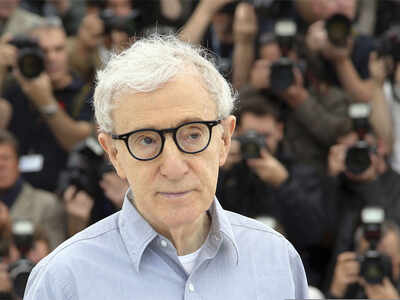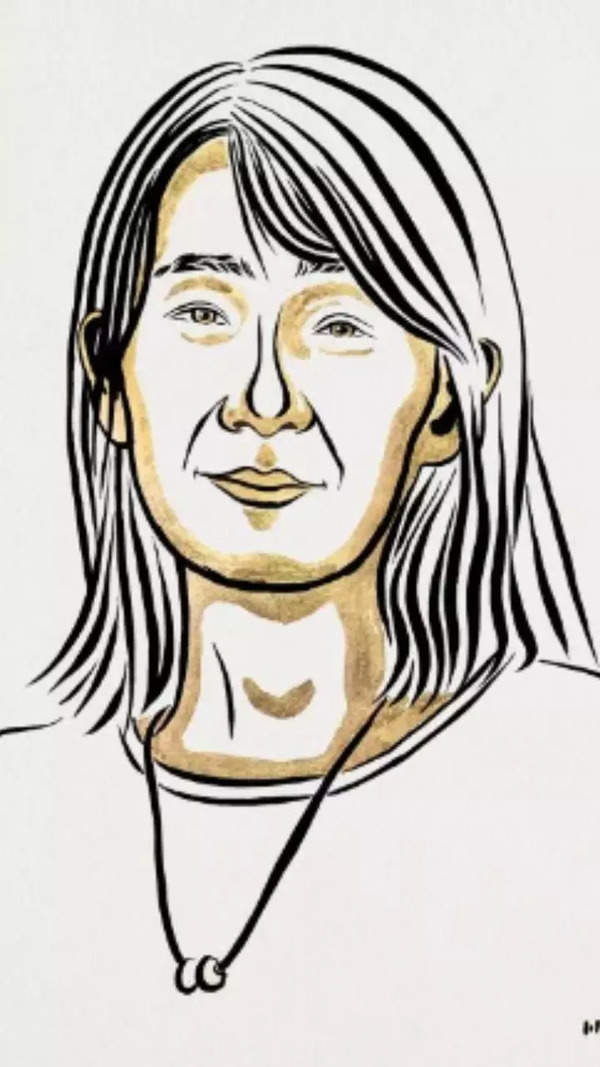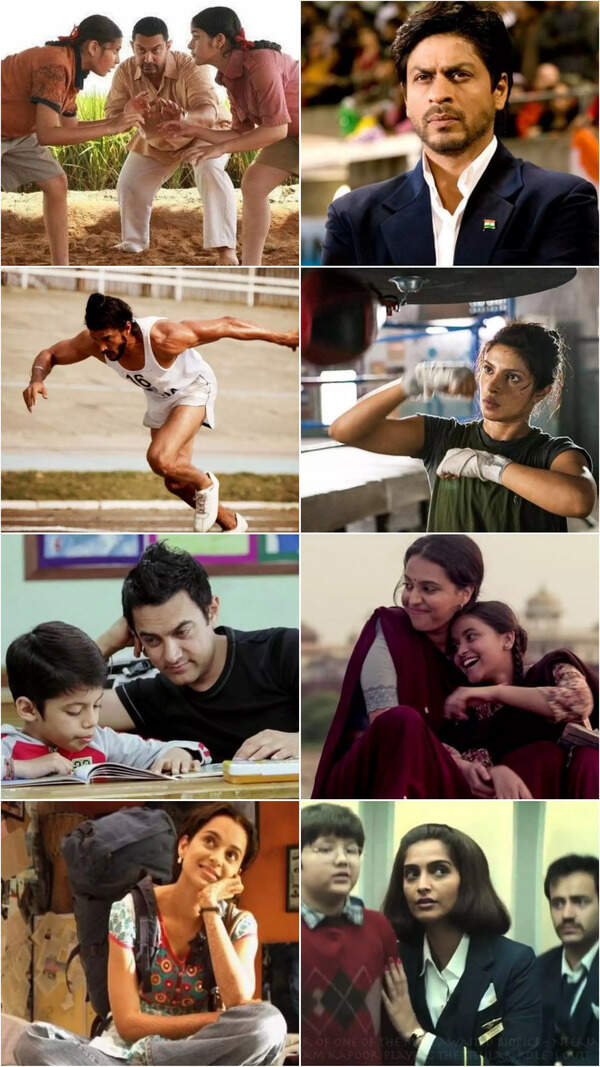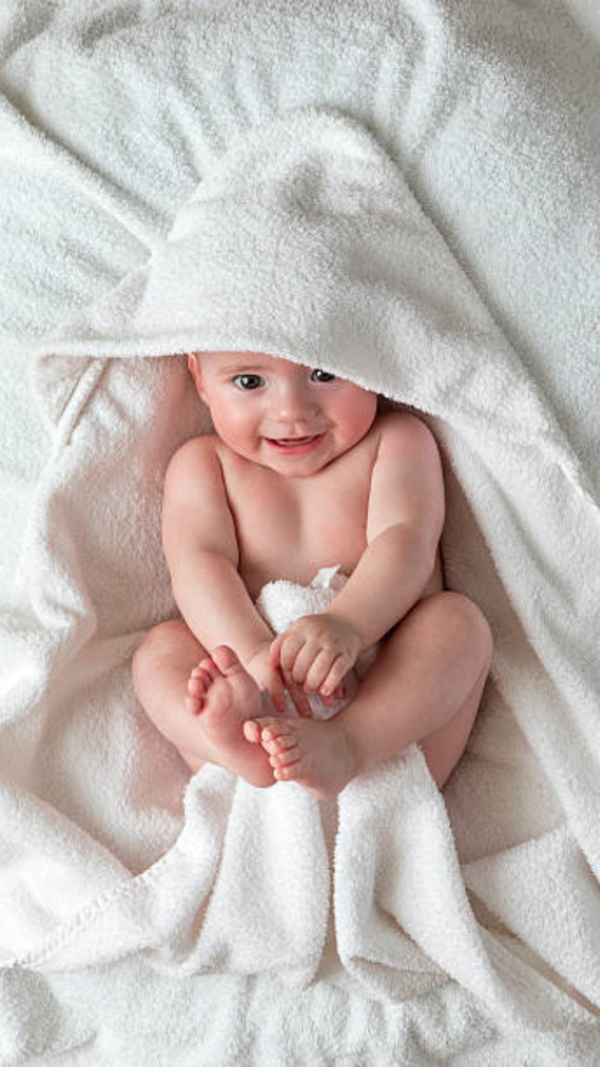- News
- entertainment
- english
- hollywood
- Times comment: Should a decades-old accusation derail Woody Allen's career?
Trending
This story is from February 9, 2018
Times comment: Should a decades-old accusation derail Woody Allen's career?
It is one thing to have reservations about Woody Allen, the person – it is another thing to reject his art altogether. Much of our best literature, music, art and film may have been created by human beings who are flawed.

Freshly aware of their own protective stance towards powerful or talented men and their default discounting of women, Hollywood is now hearing Farrow's pain anew.

Dylan Farrow was seven when the alleged incident occurred. It came to light in 1992, amid the bitter breakup of Mia Farrow and Woody Allen. Allen had been secretly having an affair with Farrow's adopted daughter (Dylan's sister) Soon-Yi Previn. Allen's lawyers alleged that Dylan Farrow was coached by her raging, jilted mother, to imagine the abuse. One Farrow sibling backs Allen's side, another has stuck by Mia and Dylan's version. Allen went through lie detector tests, doctors found no sign of injury, and the seven-year-old's testimony did waver. On the other hand, several babysitters testified to his inappropriate behaviour, an attorney on the case said there was a probable case against him, but it would have been too traumatic to the child to take it further.
But here is the thing. Dylan Farrow, now in her mid-30s and an activist against sexual abuse, is asking why she was not heard then, and is not being heard now despite the tidal wave of #Me-Too that took down Hollywood titans like Harvey Weinstein. "I told the truth to the authorities then, and I have been telling it, unaltered, for more than 20 years," she wrote in a recent op-ed.
But the point is, there is no legal case against Allen now, and nobody in 2018 can accurately know what happened, except Dylan Farrow and Woody Allen. All the rest of us can do is shift from one gut-feel to another. Tragic as this has been for Dylan Farrow either way, is that reason enough to end Woody Allen's career?
Certainly, it has prompted a re-evaluation of his work — his preoccupation with teenage girls, his casual misogyny, seems starkly visible. Those who have loved his movies, his talky intellectual shtick, his many-sided brilliance from New York comedy to European arthouse, his zingy lines and his lyricism, are made to confront those troubling aspects too.
It is one thing to have reservations about Woody Allen, the person – it is another thing to reject his art altogether. Much of our best literature, music, art and film may have been created by human beings who are flawed. Watching a film is not an endorsement of the personal character of the film-maker, and conversely, nor should one feel obliged to reject a film just to condemn its maker. What's more, a Woody Allen movie is not his creation alone – despite his auteur attitude, the fact remains that every film is a collaboration between many artists and technicians, all with their own personal lives. A boycott of Allen's movies may seem satisfying, but it solves nothing.
The media, television, comedy and movie business, even politics and the corporate world have been rocked by the #MeToo uprising. It has exposed how outright assault was enabled for years, as in the Harvey Weinstein case. It has revealed the way women are disregarded when they complain, and how famous men get away with repeat offences. It has demanded accountability from those who grope and sexually humiliate women, from Al Franken to Casey Affleck. It has even shone a light on routine macho entitlement, as in the Aziz Ansari case.
Not all these are comparable or equal sexual crimes. Weinstein is an XL-sized offence, while Ansari is not solely answerable for a loutish male norm. We need a sense of proportion in our responses, rather than blanket boycotts and condemnation. In Woody Allen's case, the accusation is serious, but it is also a fact that he was legally acquitted of charges, and not enough fresh evidence. One can believe Farrow and still refrain from declaring Allen guilty in the court of public opinion.
The clarity of this moment should not blind us to nuances and shades, not only in the encounters between men and women, but also the complexity in every human being. We must refrain from a reflexive ‘himpathy' – solicitude for the man's reputation and situation – as well as from the idea that every story has the same plot, that a woman's first words clinch the matter. All we have to do is acknowledge the biases of our culture, and then give both sides a fair hearing.
End of Article
FOLLOW US ON SOCIAL MEDIA








